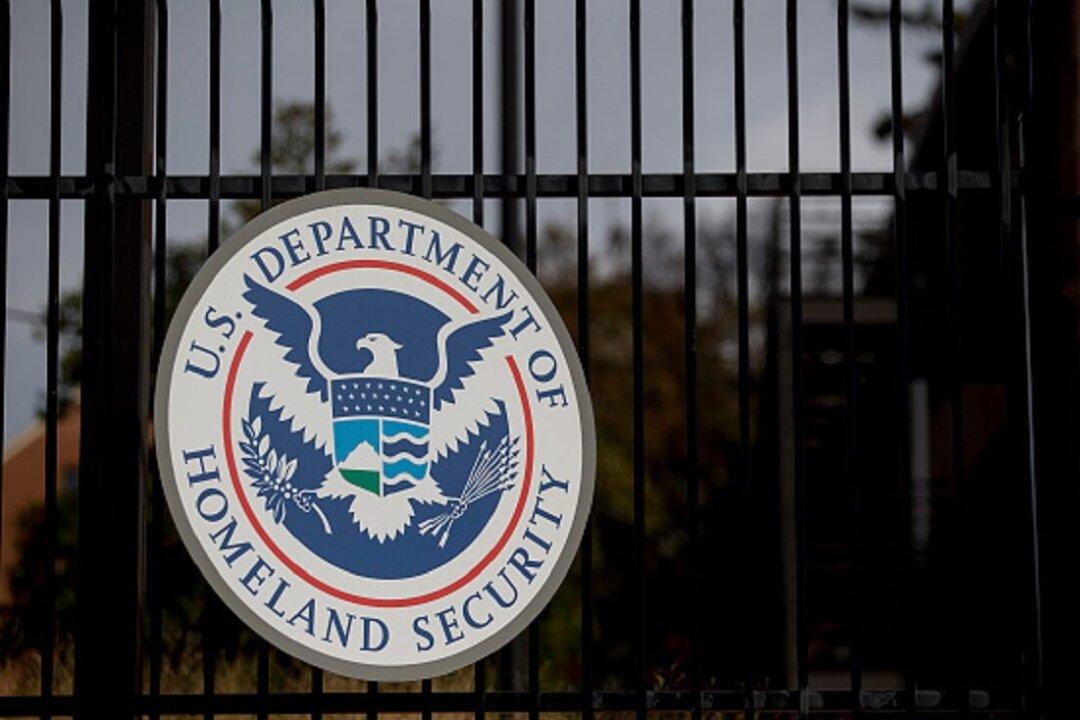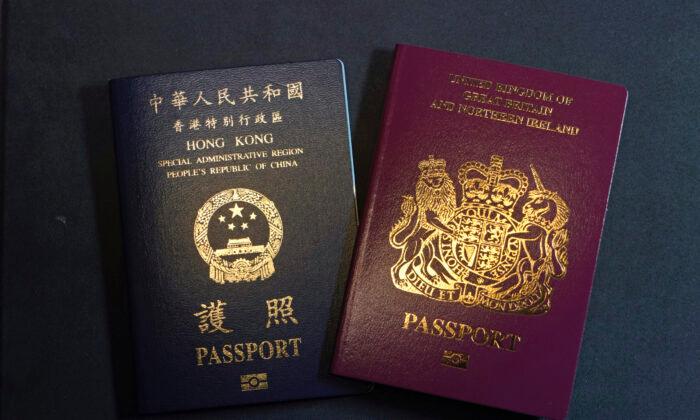The Cybersecurity and Infrastructure Security Agency (CISA) of the Department of Homeland Security (DHS) added entries to its Election Security website it says are “designed to debunk common misinformation and disinformation narratives and themes.”
CISA updated its website on Dec. 2, with two new entries it listed as “rumors”: “Ballots can easily be destroyed without detection, preventing them from being counted,” and “Voting system software is not reviewed or tested and can be easily manipulated.”




